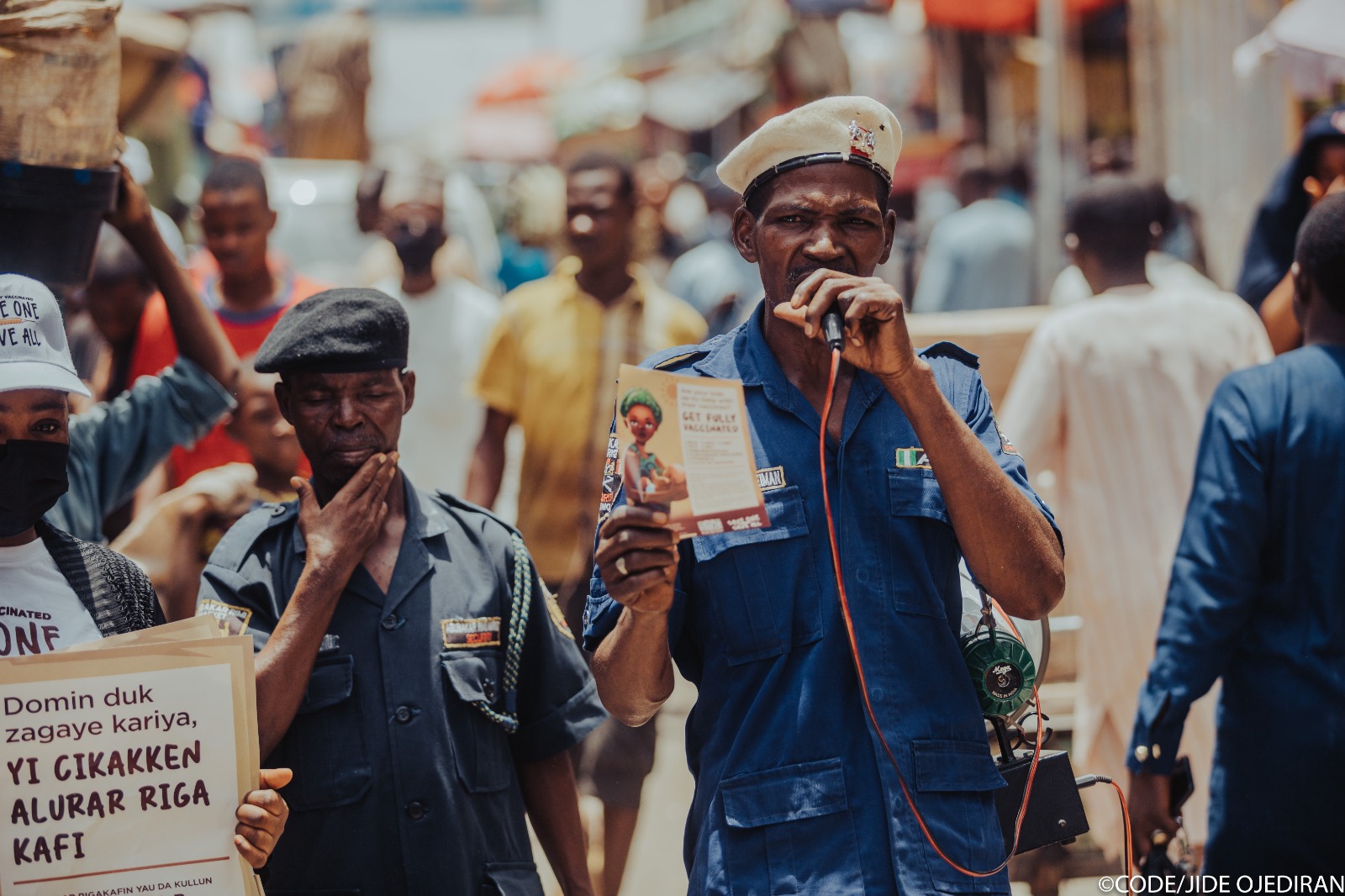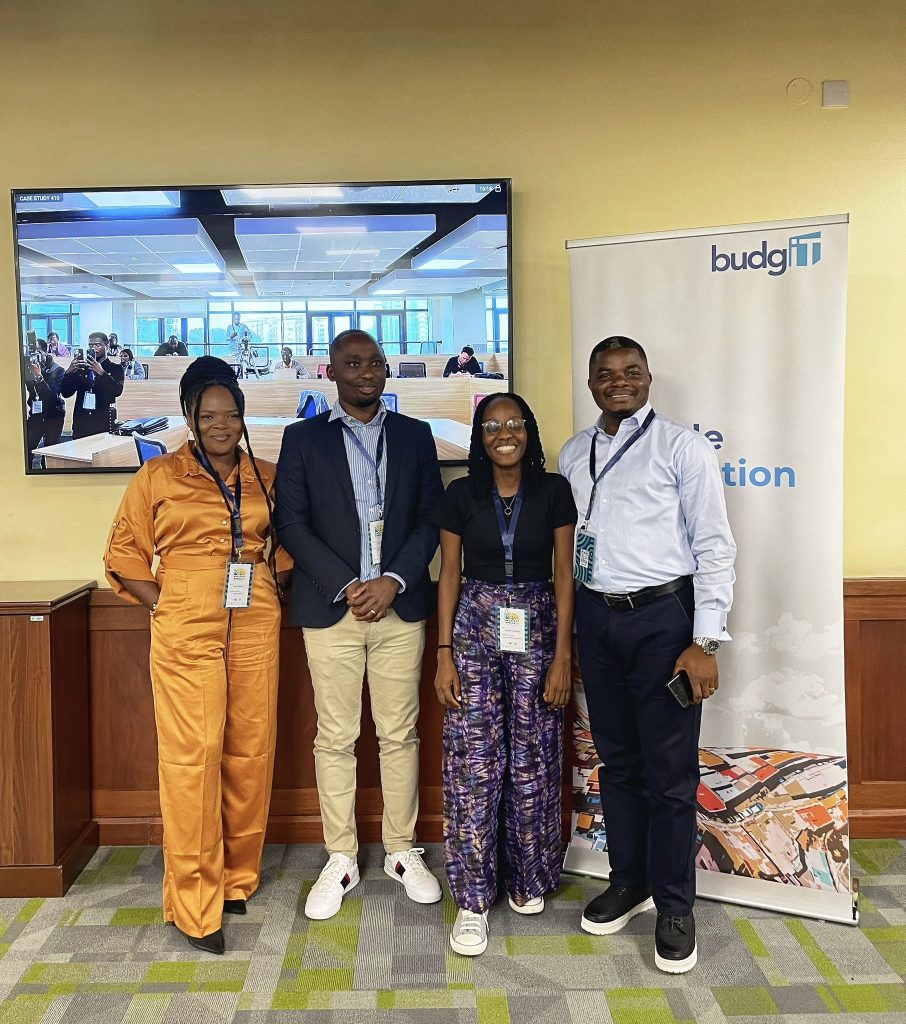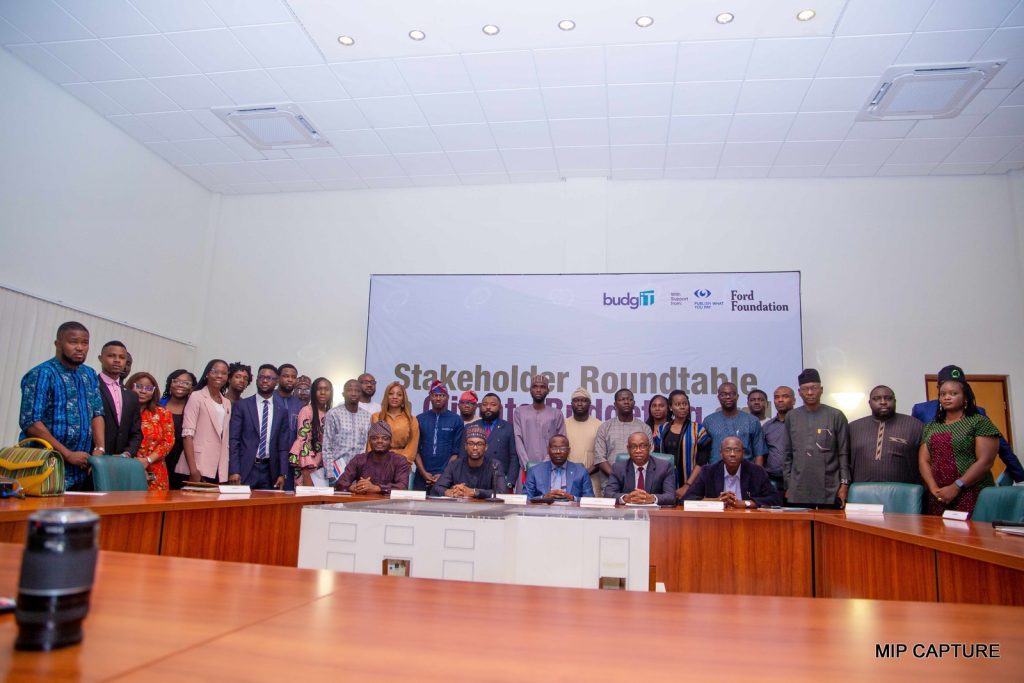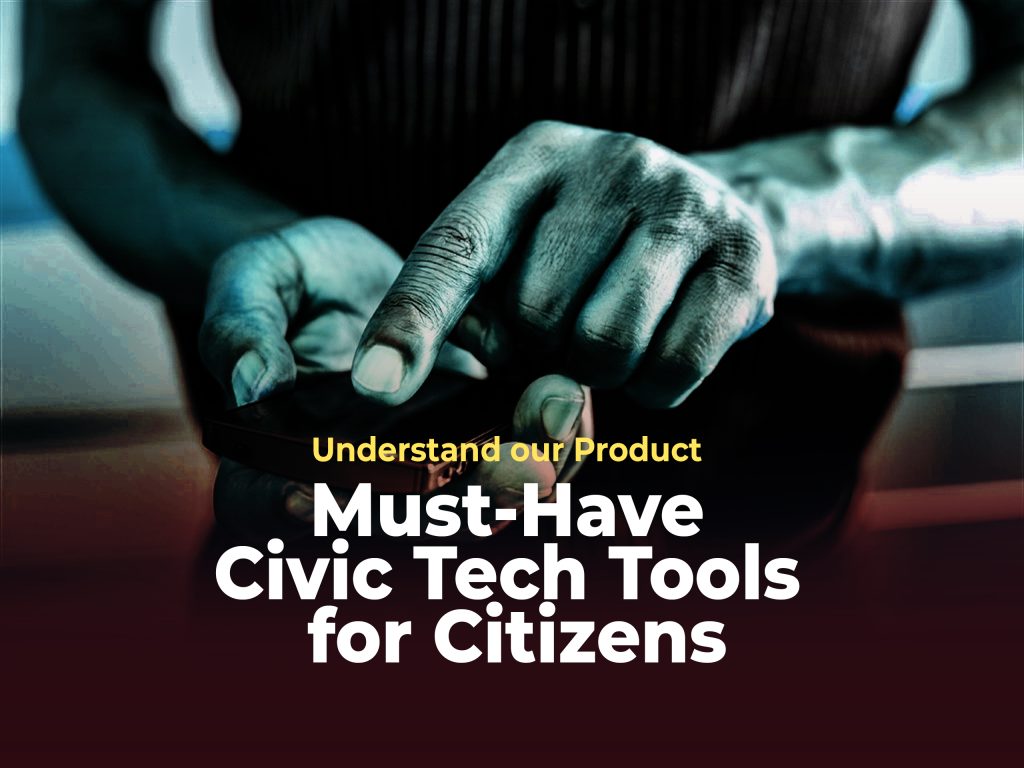Taking the #SaveOneSaveAll campaign to the Northwest, Nigeria’s second most populous state, Kano, was our host this time. If you were thinking that this state should have a high number of vaccinated people, your guess is as good as mine. What might be shocking is that despite Kano having the highest vaccination rate, a good number of its citizens are yet to be vaccinated, and even more alarming is that many of them don’t have any knowledge of what vaccination is all about. In this article, we will cover how the campaign went.
Vaccination Rate
Kano, the second most populous state in the country, has fully vaccinated 7.8 million of its eligible population. Data published by NPHCDA shows that over three million people in the state are partially vaccinated, while about 1.4 million people have also received the booster dose of vaccines, placing Kano as one of the five top-performing states for vaccine collection in the country.
Vaccination Misconceptions and Hesitancy
Although our market sensitization exercise was challenging as the market chairman would not allow us to enter the market until we paid some fee, we visited Abubakar Rimi Market to educate the market people about the benefits of COVID-19 and other vaccines. We helped them understand the importance of immunizations for their families. While on this, we discovered that many of the people we interacted with had no clue about vaccination or had access to information on COVID-19 vaccination availability. For others, they had a high level of mistrust of the vaccine, which shows why many are yet to be vaccinated.
Madam Rahman, a fish seller, blatantly refused our message and said anything about COVID is a lie and that there was never COVID, to begin with. “There is nothing like COVID or even a COVID vaccine,” she yelled at us.
A provision seller, Madam Oby, without knowing what the vaccine was all about, was enthusiastic about getting it. She told us, “Anything that has to do with immunization and injections, I am interested in as long as it improves my health.” For some who thought it was a government initiative, they believed it was just another way for the government to swindle money based on their mistrust in the past regarding the COVID palliative.
During our dialogue session with state representatives and health workers from the seven Northwest states—Jigawa, Kaduna, Kano, Katsina, Kebbi, Sokoto, and Zamfara—some of the misconceptions and hesitancy identified were:
- Seeing the vaccine as a means to reduce the country’s population
- COVID is nonexistent since it has the same symptoms as malaria
- Unavailability of mobile vans that can safeguard the vaccines for a long time before they reach the rural areas
- The immediate spread of the virus made it look suspicious and programmed, which created mistrust among the citizens
- Vaccines were produced in a short period of time, and subsequent vaccines, like the second dose, were subject to mistrust
- “During the initial wave of the vaccine in Kano, the state Governor mandated civil workers to get the first dose. ‘No vaccination, no salary,’ he proclaimed, which raised suspicions about why it was made compulsory.” Sardauwa Shehu
The Message
Despite mortality rapidly increasing across the country during its inception, COVID was still considered a fake. This false narrative was perpetuated by politicians and media outlets who downplayed the severity of the virus. As a result, many people didn’t take the necessary precautions to protect themselves and their communities. This led to the rapid spread of the virus and the devastating consequences we are still experiencing today.
On the other hand, some people argue that COVID-19 media coverage was overblown and that the virus was not as deadly as initially thought. They argue that the initial panic and overreaction to the virus led to unnecessary economic disruption and hardship for many people.
Seeing how much ignorance still surrounds the COVID-19 pandemic and vaccination, our message could not be more important than now. Our time in the market sensitization was spent on highlighting the need for one person to take the vaccine, which can save others around them. There is no doubt that the ripple effect of vaccinating just one person can save countless lives.
Iyanuoluwa Bolarinwa, CTAP project lead for BudgIT, in dialogue with Northwest community health workers, expressed that the COVID-19 outbreak in 2020 caused major economic and health emergencies, which resulted in quick vaccine production. This need placed a huge strain on the health system, as well as on individuals and communities. The pandemic highlighted the need for more preventive measures and access to better healthcare. It also made it clear that health systems need to be better prepared for future health crises.
“Contrary to what many think,” he told the engrossed participants, “the vaccine preserves our population numbers rather than reducing them.” The World Health Organization records that 2.5 million people are saved from death yearly when they take vaccines. UNICEF also says vaccines can save five lives in one minute. Unfortunately, the country does not prioritize the welfare of health workers, and daily, health personnel leave the country in their numbers.
“As CSOs, we only partner with the government and push for advocacy to get health problems solved,” Mukhtar Halilu, CTAP project lead for CODE, told them. He further emphasized that the CTAP #SaveOneSaveAll campaign aims to strengthen the health sector accountability to help get every Nigerian vaccinated with all available vaccines and engage in continuous education and information dissemination.
Unlike Malaria, which is rampant in Africa, COVID is global. It came with many uncertainties and shut down the entire world, and for this reason, the vaccine must be prioritized. The economic effects of the pandemic have been devastating, and the only way to get the world back to some semblance of normalcy is to develop and distribute an effective vaccine. Vaccines are the most promising way to protect ourselves and our families from these diseases. Everyone should have access to them for safety today and as protection from future pandemics.



